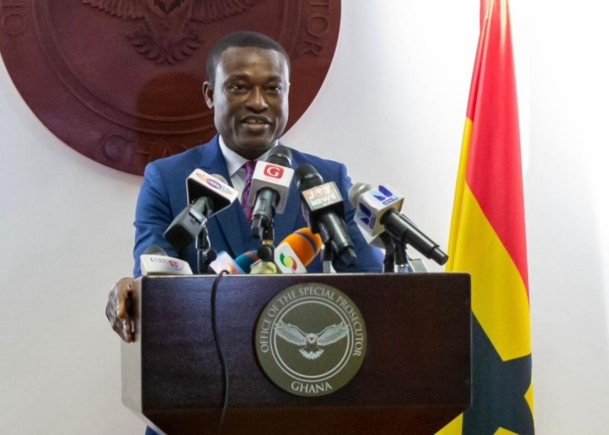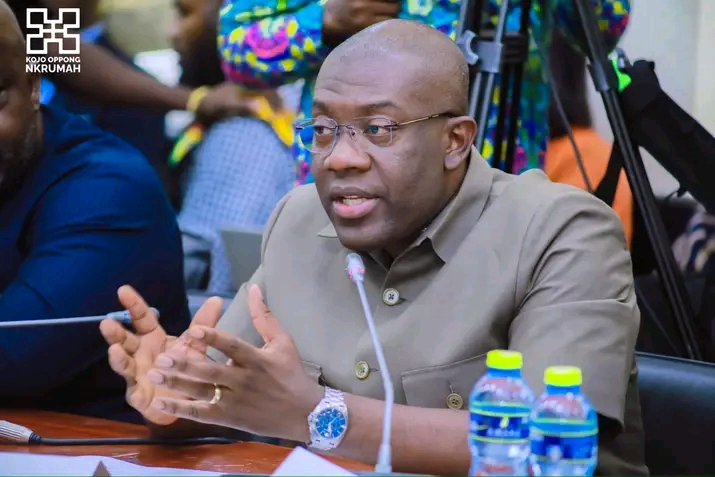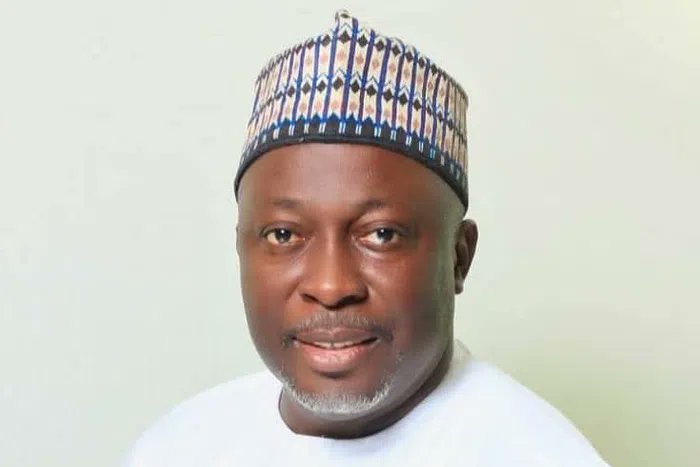Credit: Kekeli K. Blamey
The Office of the Special Prosecutor (OSP) has raised red flags over what it describes as an unverified and unofficial medical report concerning former Finance Minister Ken Ofori-Atta, emphasizing that no medical documentation has been formally submitted to support claims that he is unfit to travel.
This comes in the wake of a report circulating online on Tuesday, 3 June, purportedly from the Mayo Clinic in the United States, stating that Mr Ofori-Atta had been diagnosed with prostate cancer and was scheduled for surgery later in June.
The document, dated 14 May and allegedly signed by Dr Ahmed Abdalrhim, suggests the former minister requires time for recovery and is therefore unable to return to Ghana to meet with the OSP.
The OSP, however, has firmly denied receiving any such report, either from Mr Ofori-Atta himself or from his legal team, stressing that the only communication on record was a letter broadly citing a change in medical condition—without any corroborating medical evidence.
More troubling, according to the OSP, is the method by which the report emerged: not through official legal channels, but through media leaks.
“The circulation of this alleged medical report through media platforms rather than submission to the appropriate investigative body is both irregular and questionable,” the OSP said in its statement.
The Special Prosecutor’s office is currently investigating Mr Ofori-Atta over suspected corruption-related offences. Legal observers have noted that the timing of this document’s release, just a day after Mr Ofori-Atta failed to appear before the OSP on 2 June, raises questions about its intent and authenticity.
Without verified medical documentation, the OSP maintains that it cannot accept claims of medical incapacity at face value. The agency emphasized that any legitimate request for deferment of proceedings due to health reasons must be supported by certified medical records from recognized institutions.
As public scrutiny mounts over the handling of high-profile corruption probes, the OSP’s stance underscores a broader demand for transparency and due process—particularly when questions of health are invoked in legal contexts.







